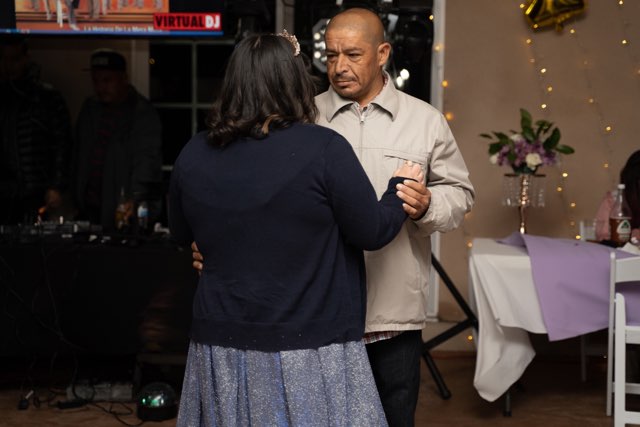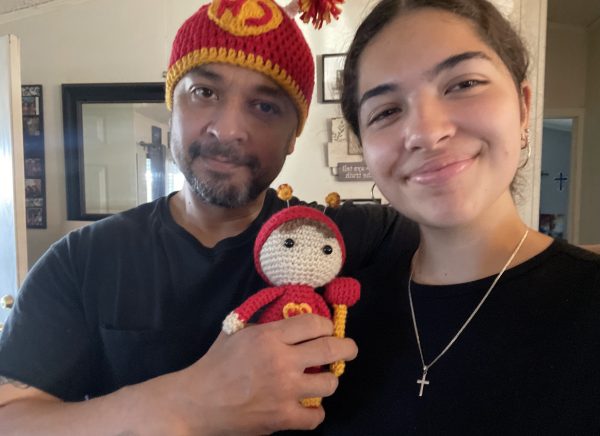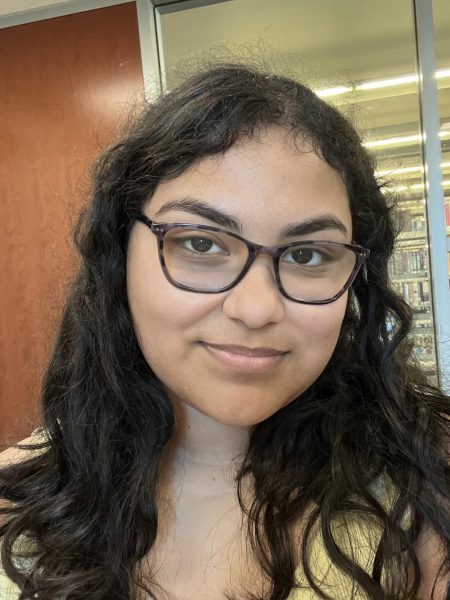Overcoming Grief as a Teen
In March of 2020, COVID-19 struck the world. In May of 2021, my father passed away. Prior to quarantine and the pandemic era, I had already been someone who kept to themselves. I isolated myself even more when the pandemic hit because it was acceptable to do so.
My father had lung cancer since I was 9, six years up to his death. I didn’t see him often but our interactions were minimal now that the pandemic was going on. He would visit my brother and me once or twice every other week, give us a hug, some snacks, and bid us goodbye. Sometimes we would go to his house but he would stay in his room; we were similar.
He messaged me the day he passed, saying he loved me. I didn’t see it. I ignored anyone and everyone. Not purposely, of course, but I didn’t see the message. I never replied to my father saying he loved me before passing.
Grief is difficult. I always assumed the “5 Stages of Grief” would happen in order, since I had only heard about it in a joking matter in movies, shows, and social media. I have come to realize that grief is different for everyone and the five stages hit me in all different orders; some I haven’t experienced yet, and some I know all too well.
I’m 16, a junior in high school, and overwhelmed whenever I think about my father. I still haven’t come to terms with it. I still think he’s going to stop by, shoot me a text, and ask how the fish he got for me on my birthday is doing. I didn’t like talking about it, even to my friends. I hadn’t talked to them through most of the pandemic, so why would I contact them with my heartache when they had their own struggles?
Instead of continuing to dramatically drown in pain and ignore the world around me, I acknowledged that I should take advantage of my youth. After all, your youth is supposed to be one of the most enjoyable moments of your life. Mine has been plagued with sadness on two sides: my father’s death and the loneliness of the pandemic. The two created great distress for me and the only person able to heal it was myself. I began talking to my friends again, going out with my family, getting a job, learning how to drive. Because of the sorrow I faced, those were all things I avoided this past year. Even my relatives noticed the improvements I made, praising me for little things that wouldn’t matter if it was anyone else.
Some grief is expected when growing older, especially as a teenager. As our lives go “back to normal,” I hope other teens that relate to my sense of loss can eventually find themselves again.




